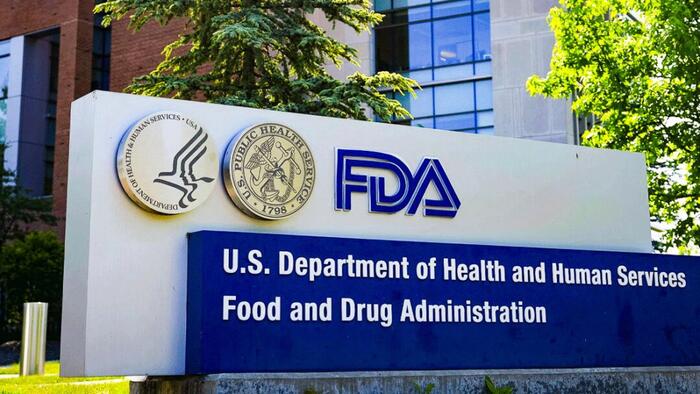In recent weeks, the U.S. Food and Drug Administration (FDA) issued a recall for a third blood pressure medication, specifically Nebivolol, manufactured by Aurobindo Pharma USA Inc. This recall, affecting the 2.5 milligram dose tablets available only by prescription, emerged following concerns regarding an impurity known as nitrosamine. The FDA reported that the levels of N-nitroso nebivolol, a specific type of nitrosamine, exceeded the acceptable intake limits, which raises significant health concerns since nitrosamines are known to be mutagenic and can increase cancer risk.
The FDA classified this recall as Class II, implying a low likelihood of severe health consequences but potential for temporary or reversible health problems. For individuals consuming this medication—impacted lot numbers include NB0224001A and NB0224001B, both having an expiration date of April 2027—it’s essential to consult healthcare professionals rather than discontinuing use abruptly. According to the FDA, prolonged exposure to nitrosamines beyond set limits can pose substantial health risks, though daily intake within acceptable limits is not expected to significantly elevate cancer risks over a span of seventy years.
Nitrosamines, which are present in various food items and even in the environment, have drawn attention from scientists who signal a growing concern over their prevalence in pharmaceuticals. Literature from the Journal of Pharmaceutical Analysis warns of the toxic and mutagenic nature of these compounds, indicating that contaminants present, even in minuscule amounts, could potentially lead to DNA damage and increase cancer risks. The classification of nitrosamines as class 1 known mutagenic impurities by global health bodies underscores the need for rigorous safety standards in medications.
This latest recall forms part of a broader trend; in the preceding months, the FDA has announced recalls on two other blood pressure medications as well. Evaric Pharmaceuticals, based in New York, recalled approximately 200,600 bottles of Lisinopril following the discovery of a metal fragment in the tablets. Similarly, Lupin Pharmaceuticals faced scrutiny in October when it recalled Ramipril capsules, citing that the active ingredient had been sourced from an unapproved vendor, further emphasizing the necessity for stringent quality controls in drug manufacturing.
As a response to these recalls, medical professionals and patients alike are urged to remain vigilant regarding the medications they use to manage high blood pressure. While nitrosamine impurities and other contamination issues have raised alarm, healthcare guidance remains crucial; patients should not interrupt their treatment without proper medical advice. The FDA advises individuals to stay informed about the medications they are taking and consult with healthcare providers if they suspect their prescriptions may have been impacted by these recent recalls.
The overall situation surrounding the contamination of medications highlights significant gaps in pharmaceutical safety and surveillance. The FDA’s initiative to recall drugs tainted with mutagenic substances aims to protect public health, yet ongoing vigilance and improvement in quality assurance practices within the pharmaceutical industry are vital. The persistence of nitrosamine contamination may suggest systemic issues requiring attention, fostering calls for reform as regulators, manufacturers, and consumers alike advocate for higher safety standards in pharmaceuticals to mitigate potential health risks.

